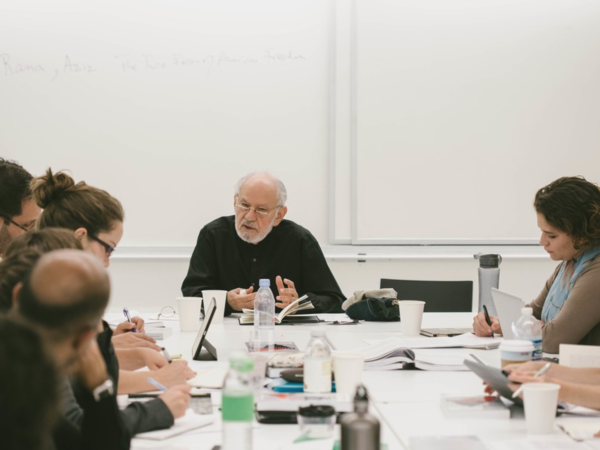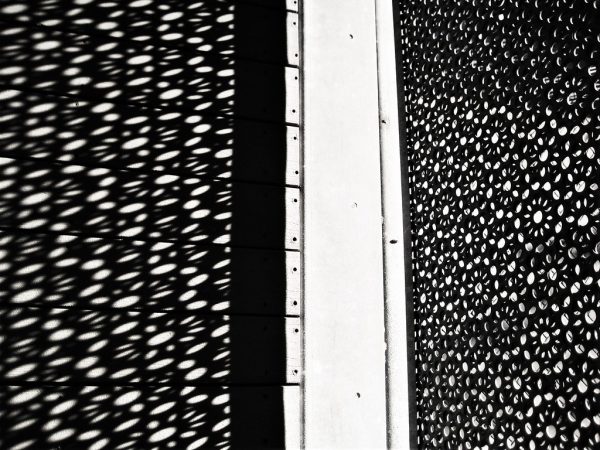
The planetary activities that spill out beyond the shape of any single form of life, full of uninvited faces, are what Sylvia Wynter calls the “necessary and indispensable preludes” to the emergence of our new self-awareness, to the development of new forms of life.
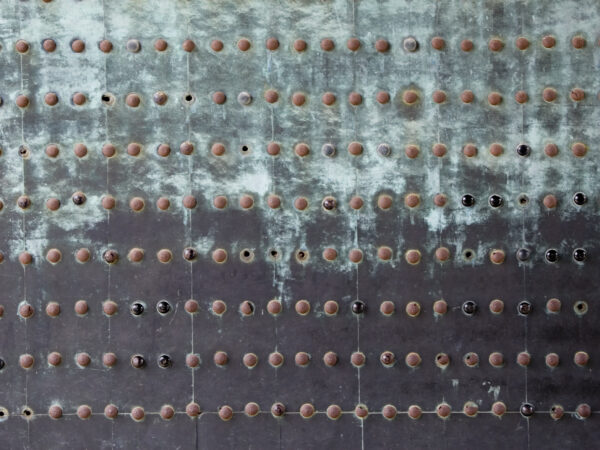
Formulating a rigorously historicist approach to contemporary cultures of Islam can build on Asad’ pivotal concept in The Idea of an Anthropology of Islam: not the “discursive tradition,” but the discursivity of tradition. Already implicit in its reiterative tradition, the modernity of Islam consists in the reconfigured powers of discursivity beyond discourse.
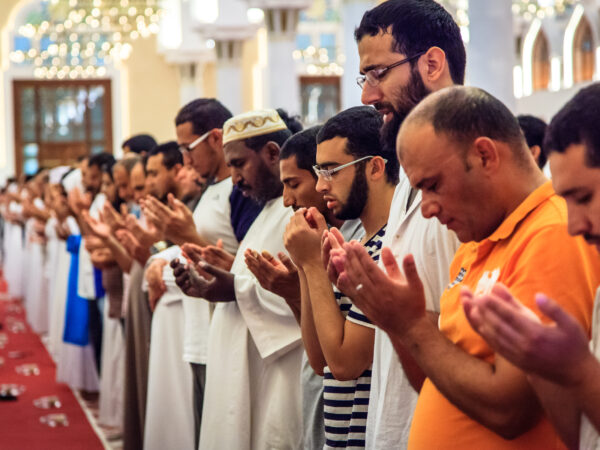
In the introduction to the symposium “The Roots and Ruptures of Contemporary Islamic Piety,” Aaron Rock-Singer elucidates the questions within contemporary Islamic studies that stand between the completeness of historical narratives and the ruptures of Muslim intellectual, social, and cultural life.
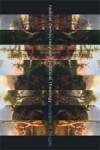
The business of religion, to use that unfortunate turn of phrase, is to change the world. The theo-political implication of radical democracy is that we cannot wait for a God to save us. If democracy indeed is the political instantiation of the death of God, then this is a task that is ours alone.
